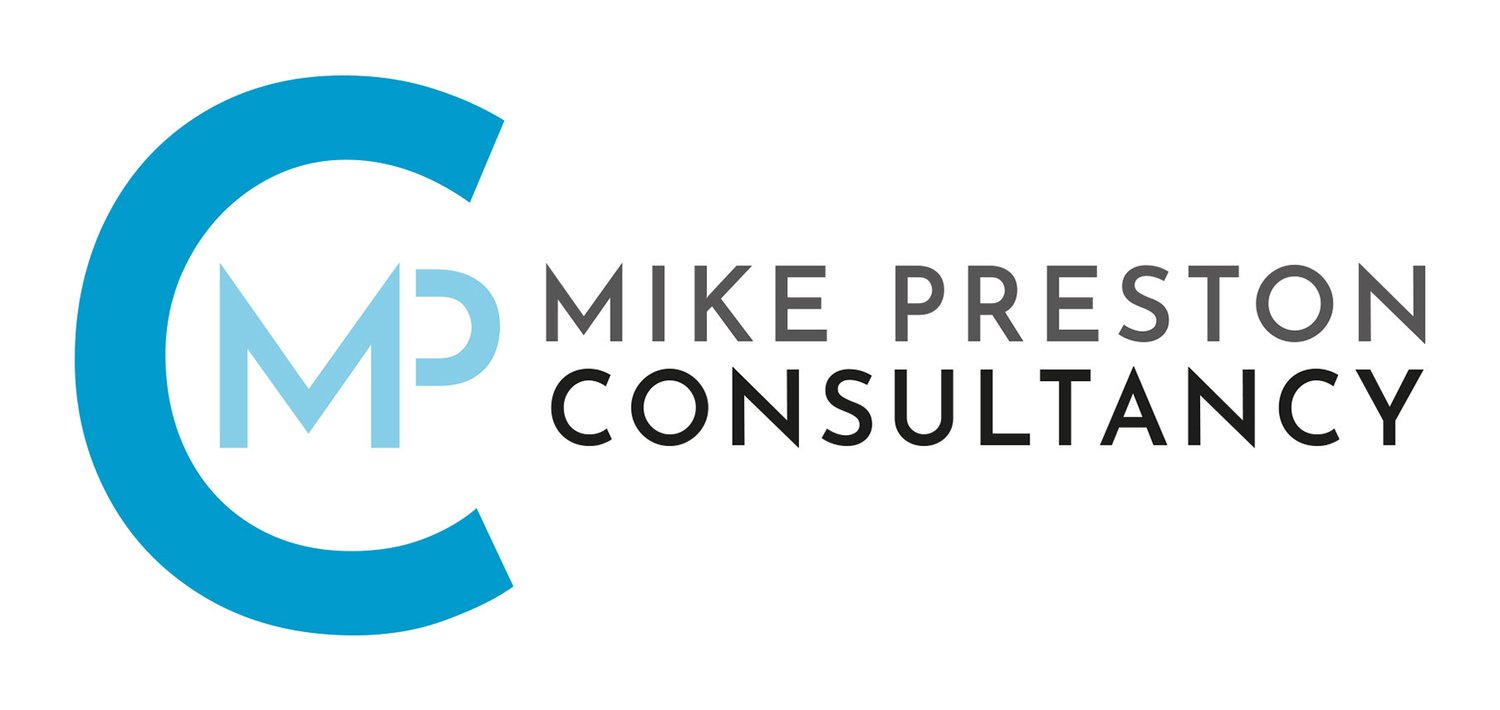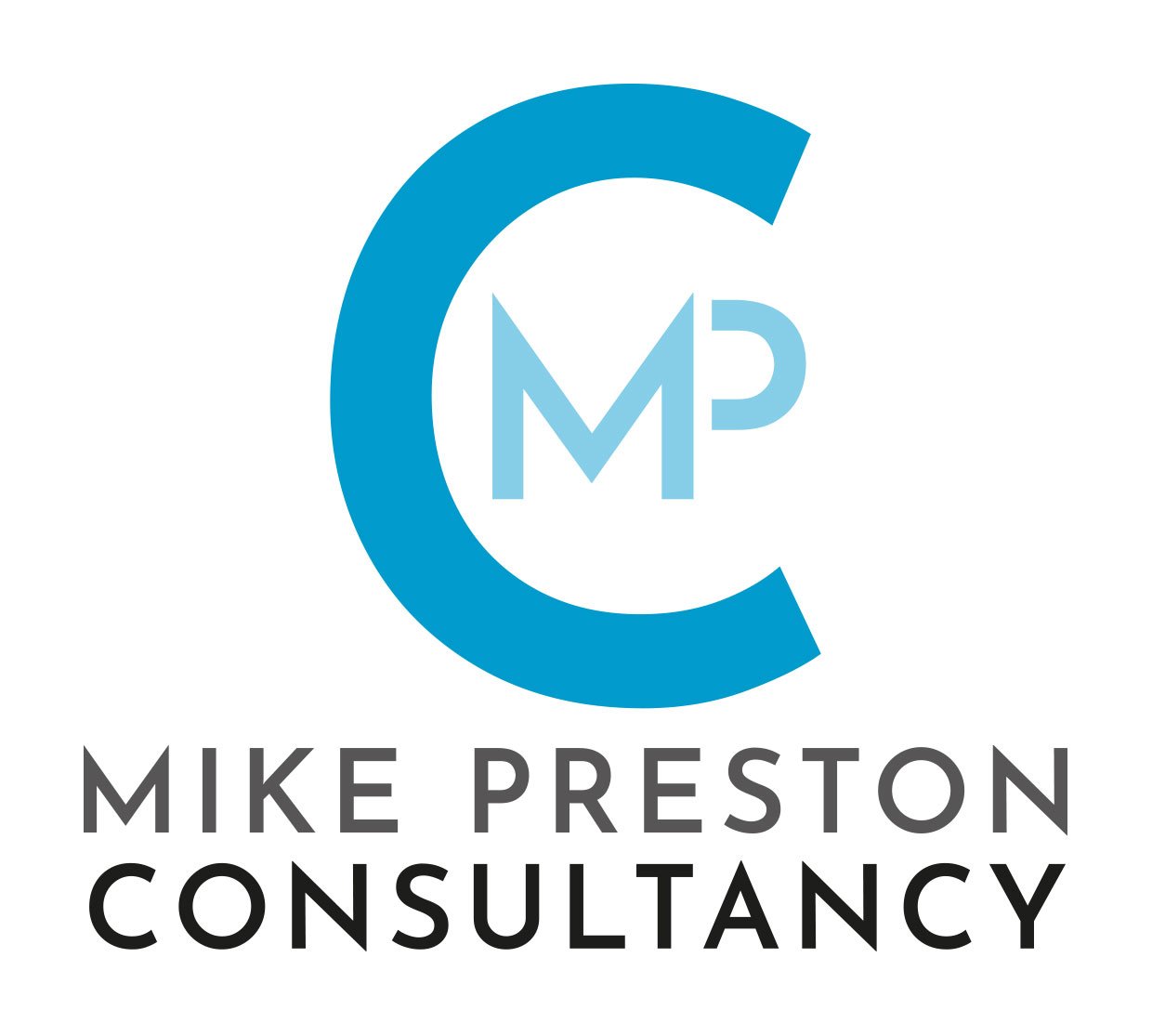Spreading the Wings: How Delegated Authority and Accountability Empower Charities
Imagine a charity as a magnificent bird soaring towards its mission. To fly effectively, each part of its wing—every team, volunteer, and trustee—needs to play its role with clarity and purpose. This is where delegated authority and accountability come into play, forming the strong framework that allows a charity to operate efficiently, ethically, and with maximum impact.
But what exactly are these concepts, and why are they so crucial for the health and success of a charitable organisation? Let's take a closer look.
The Purpose: Empowering Action, Ensuring Responsibility
At its heart, the purpose of delegated authority and accountability within a charity is twofold:
Empowerment: Delegating authority means entrusting individuals and teams with the power to make decisions and take action within defined boundaries. This fosters initiative, encourages ownership, and allows tasks to be completed more efficiently. Instead of every decision needing to climb a lengthy hierarchical ladder, those closest to the work can respond swiftly and effectively.
Responsibility: Accountability ensures that with this powImagine a charity as a magnificent bird soaring towards its mission. To fly effectively, each part of its wing—every team, volunteer, and trustee—needs to play its role with clarity and purpose. This is where delegated authority and accountability come into play, forming the strong framework that allows a charity to operate efficiently, ethically, and with maximum impact.
But what exactly are theser comes responsibility. It establishes clear lreporting linesand expectations, ensuring that individuals and teams are answerable for their actions and the outcomes they achieve. This prevents unchecked power, promotes transparency, and safeguards the charity's resources and reputation.
Think of it like this: a project manager might be delegated the authority to manage a specific campaign budget and make decisions regarding its implementation. However, they are also accountable for staying within budget, meeting deadlines, and achieving the campaign's objectives.
Key Elements: The Building Blocks of Trust
For delegated authority and accountability to function effectively, several key elements need to be in place:
Clear Definition of Roles and Responsibilities: Everyone within the charity, from trustees to volunteers, needs a clear understanding of their specific roles, responsibilities, and the scope of their authority. This avoids confusion, duplication of effort, and gaps in accountability.
Defined Levels of Authority: It's crucial to establish clear levels of authority for different roles and tasks. This includes specifying what decisions individuals can make independently, which require consultation, and which need final approval from a higher level.
Effective Communication: Open and transparent communication is vital. Everyone needs to understand who is responsible for what, what decisions have been made, and how performance will be monitored and reported.
Adequate Resources and Support: Individuals and teams who are delegated authority need to be provided with the necessary resources, training, and support to carry out their responsibilities effectively. Setting someone up to fail undermines both empowerment and accountability.
Performance Monitoring and Evaluation: Regular monitoring and evaluation mechanisms need to be in place to track progress, identify areas for improvement, and ensure that individuals and teams are meeting their agreed-upon objectives.
Feedback and Consequences: Constructive feedback, both positive and negative, is essential for learning and growth. Clear and fair consequences, both for successes and failures, reinforce accountability.
Strong Governance Structures: The charity's governing document and internal policies should clearly outline the principles of delegated authority and accountability, ensuring that they are embedded within the organisation's culture.
Implementation: Putting Principles into Practice
Implementing delegated authority and accountability effectively is an ongoing process that requires careful planning and commitment:
Start with Clarity: Begin by reviewing and clearly defining roles, responsibilities, and levels of authority across the organization. This might involve updating job descriptions, creating organizational charts, and developing clear terms of reference for committees and working groups.
Communicate Openly: Communicate these definitions clearly and consistently to all stakeholders. Ensure everyone understands their responsibilities and the responsibilities of others.
Provide Training and Support: Equip individuals with the skills and knowledge they need to exercise their delegated authority effectively. This might involve training on decision-making, project management, or financial procedures.
Establish Reporting Mechanisms: Implement clear reporting lines and processes. This ensures that progress is tracked, issues are escalated appropriately, and accountability can be effectively exercised.
Foster a Culture of Trust and Transparency: Create an environment where individuals feel empowered to take initiative and are comfortable being held accountable for their actions. Transparency in decision-making and performance evaluation builds trust.
Regularly Review and Adapt: The charity's structure and needs may evolve. Regularly review the effectiveness of delegated authority and accountability mechanisms and make necessary adjustments.
The Benefits: A Charity That Thrives
When implemented effectively, delegated authority and accountability bring significant benefits to a charity:
Increased Efficiency and Productivity: Empowered teams can work more autonomously and respond more quickly to challenges and opportunities.
Improved Decision-Making: Decisions are often made closer to the action, leveraging the expertise of those directly involved.
Enhanced Staff and Volunteer Engagement: Feeling trusted and empowered can boost morale, motivation, and a sense of ownership.
Stronger Governance and Risk Management: Clear lines of accountability help to prevent errors, detect potential issues early, and safeguard the charity's assets and reputation.
Greater Impact: By operating efficiently and effectively, the charity can ultimately achieve its mission more successfully and make a greater difference in the world.
In conclusion, delegated authority and accountability are not just buzzwords; they are the essential pillars upon which a successful and impactful charity is built. By empowering individuals and teams while ensuring they are responsible for their actions, charities can spread their wings and soar to new heights in their pursuit of a better future.
To help your charity strengthen its framework of delegated authority and accountability, we've curated a range of valuable resources in our Resources Hub. There, you'll find customisable templates for organisational charts, role descriptions, terms of reference, and accountability frameworks that can be adapted to your specific needs.
Take the next step in empowering your team and ensuring responsible action – visit our Resources Hub today and explore our template library!


